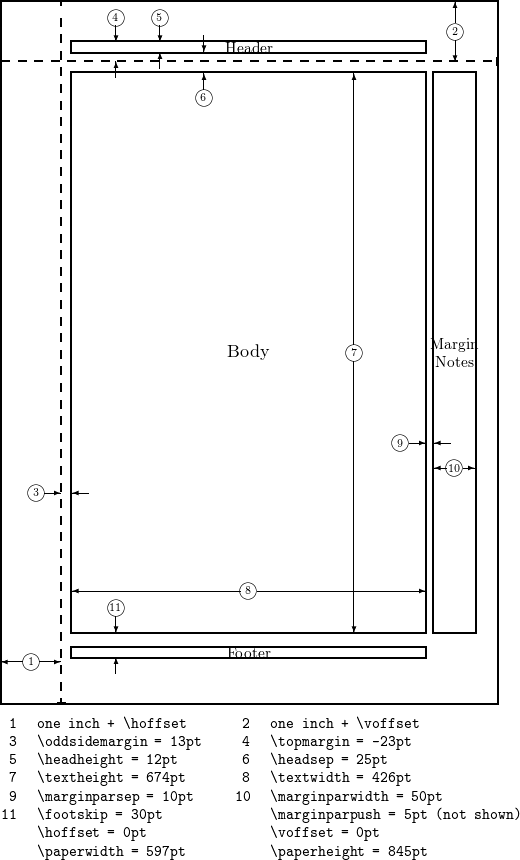2.7 KiB
How to Write your Next Thesis in LaTeX
An International Webinar between Instituto Tecnológico de Morelia, Jade University of Applied Science and Óbuda University
Repository organization
The repository is organized in the next way. The 1_basics folder includes information (presentations or guides), examples source code, and any other useful information that the attendant can review during or after the webinar.
Webinar Contents
Here you can find the highlights of each day lecture, to avoid repetitive points during the webinar.
Day 1: Introduction (Marx)
- What is LaTeX?
- How LaTeX works?
- Exploring Overleaf (Windows, organization, files)
- Compiling a basic document
- Using basic commands and definitions
- document options and geometry
- Defining new vars, paragraph spaces, tabulation space, and text sizes
- A dummy text definition command
Here are some basic but useful information about the eexamples and packages that we use during the webinar. If you require more deep information you can visit the links provided along the Readme file.
Example 1: Hello LaTeX
\documentclass{standalone}
\begin{document}
Hello \LaTeX{}
\end{document}
Example 2: Fonts and Styles
Example 3: Geometry and Lengths
Geometry package
The documents geometry can be handle by natural LaTeX commands. Howeever, there is a useful package to make it easier. The package is Geometry.
Units
The next table list the valid units used on LaTeX 1.
| Abbreviation | Value |
|---|---|
pt |
a point is approximately 1/72.27 inch, that means about 0.0138 inch or 0.3515 mm (exactly point is defined as 1/864 of American printer’s foot that is 249/250 of English foot) |
mm |
a millimeter |
cm |
a centimeter |
in |
inch |
ex |
roughly the height of an 'x' (lowercase) in the current font (it depends on the font used) |
em |
roughly the width of an 'M' (uppercase) in the current font (it depends on the font used) |
mu |
math unit equal to 1/18 em, where em is taken from the math symbols family |
Day 2: Document Classes and Sectional Units
Day 3: Equations, Tables and Figures (Marx)
Day 4: Plots with PGFPlots package(Marx)
- Making plots from equation
- Plotting data from a simple experiment
- Title, labels, and ticks configuration
- Multi-trace plots and its configuration
- Bar and scatter plots
- Reading data from a
CSVfiles

